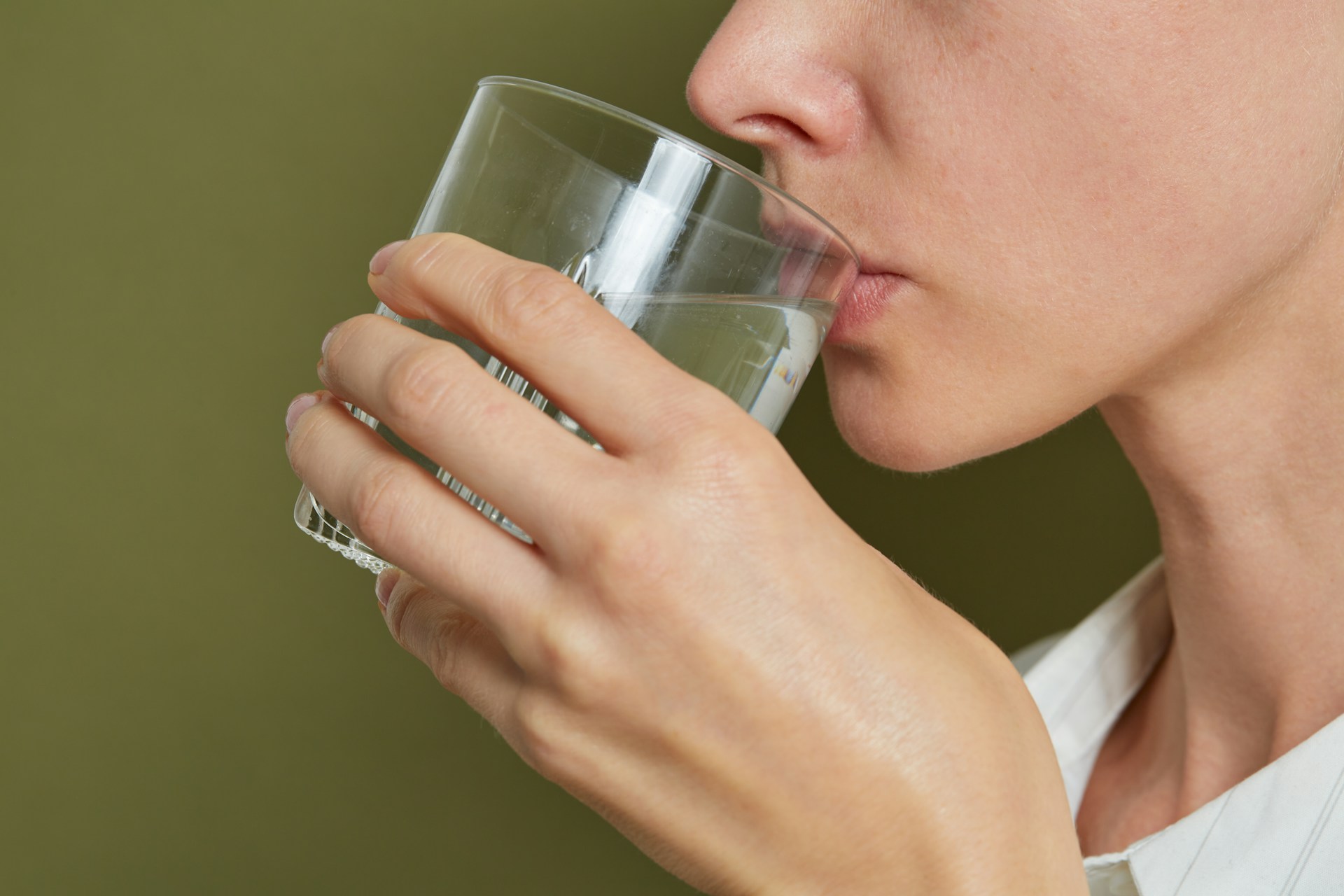Health
Is Your Body Thirsty? Discover 7 Signs You Need More Water

Staying hydrated is crucial for maintaining overall health, yet it’s easy to overlook drinking enough water until thirst strikes. Our bodies rely on water to function optimally, as it plays a vital role in nutrient absorption and waste removal. Dr. Ronald A. Navarro explains, “Hydration is necessary for survival. The cells in our bodies contain water and are surrounded by water. When we’re dehydrated, these cells are less permeable, which means they have trouble absorbing nutrients and removing waste.” While the general guideline is to drink 8 ounces of water 6 to 8 times daily, individual needs can vary based on health, activity levels, and environmental factors. Here are seven subtle signs your body might be signaling a need for more water.
Headaches
If you find yourself reaching for pain relief due to a headache, consider that dehydration might be the culprit. Mark Bussell, DPT, BS, OCS, notes, “The throbbing pain you feel in your head, that’s your brain telling you ‘I need water.’” Dehydration can reduce blood flow and oxygen to the brain, leading to inflammation and discomfort. Sometimes, a glass of water could be the remedy you need.
Mood Changes
Feeling unusually irritable or down? It could be linked to dehydration. Research psychologist Harris Lieberman points out, “Even mild dehydration that can occur during the course of our ordinary daily activities can degrade how we are feeling – especially for women, who appear to be more susceptible to the adverse effects of low levels of dehydration than men.” These mood changes can affect motivation and daily activities.
Low Energy Levels
Experiencing fatigue or lethargy might be your body’s way of telling you it needs more water. Dr. Bussell explains, “Are you tired? Fatigue? Or lethargic? These may be signs your body is craving water.” When dehydrated, the body tends to conserve energy by reducing blood circulation, which can lower your productivity.
Dry, Dull Skin
Your skin’s appearance can reflect your hydration status. Dermatologist Anne Marie Tremain, MD, advises, “It’s best to hydrate from the inside out.” Adjusting your water intake based on your lifestyle can help maintain healthy, glowing skin.
Struggling Workouts
If your exercise routine feels more challenging than usual, dehydration might be affecting your performance. Sports dietitian Amy Goodson, RD, highlights, “A 2% dehydration level in your body causes a 10% decrease in athletic performance.” Staying hydrated can help you maintain your workout intensity and results.
Muscle Cramps and Joint Pain
Water is essential for muscle and joint health. Dr. Bussell states, “Water plays an integral role in your muscles and joints. It’s important to remember that with less water in the body, muscle mass decreases and causes inflammation or soreness.” Proper hydration helps your joints absorb shock and supports muscle function.
Digestive Issues
Though not explicitly mentioned in the source, it’s worth noting that dehydration can lead to digestive problems such as constipation. Water helps keep your digestive system running smoothly by aiding in the breakdown of food and the movement of waste.
Recognizing these signs is important for maintaining your well-being. By listening to your body and staying hydrated, you can support everything from mood and energy to skin and muscle health. So, the next time you experience one of these symptoms, consider reaching for a glass of water to see if it helps.
Let us know what you think, please share your thoughts in the comments below.

Joan
December 2, 2024 at 11:04 am
I hope people realize drinking a lot of water can wash nutrients out of your system and cause you to have muscle cramps. People need to know the recommended amount of water for their weight, activity level, age and their environment. Drinking too much water can cause problems.